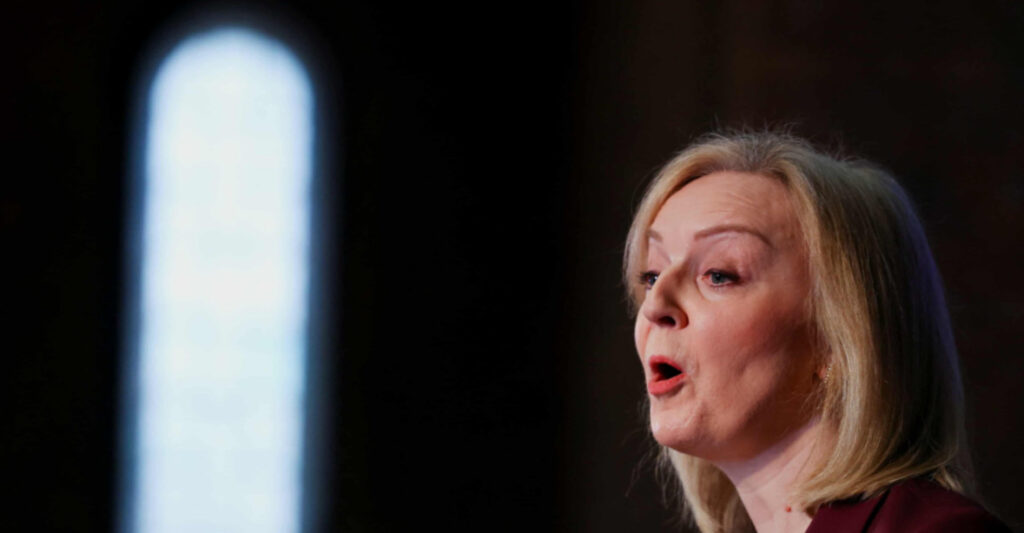Former Prime Minister Liz Truss has announced plans to launch a new social media platform this summer, positioning it as a hub for free speech and an alternative to what she describes as censorship by the British establishment and mainstream media.
Truss revealed her plans at a cryptocurrency conference in Bedford over the weekend, claiming that public debate in Britain is being tightly controlled by powerful interests.
She argued that her brief tenure in Number 10 was cut short by opposition from what she termed the “elite,” who resisted her efforts for radical reform.
The upcoming platform aims to provide an “uncensored and uncancellable” space for political discussion, bypassing traditional media outlets which Truss criticised for suppressing key issues. Drawing parallels with state-controlled media in the former Soviet Union, Truss said freedom of expression in the UK is under serious threat.
Her platform is expected to function similarly to Donald Trump’s Truth Social in the United States, which was launched by the Trump Media and Technology Group. Despite political backing, Truth Social reported losses of over £300 million last year.
Truss’s initiative reflects a broader push to build a grassroots movement that challenges the current political and media status quo.
She said that it’s no longer enough to win political office – instead, the battle for influence must also be fought in the media landscape.
The proposed network is part of Truss’s wider campaign to align herself with the global radical right, where she has publicly endorsed both Donald Trump and Elon Musk’s policies, particularly around cutting government spending and challenging establishment narratives.
However, previous attempts by UK politicians to create independent social platforms have had little success. Former Health Secretary Matt Hancock shut down his personal app in 2023, five years after its launch. Similarly, former Conservative MP Louise Mensch’s social network, Menshn, collapsed within a year of its debut in 2012 due to internal disputes.
Despite these failures, Truss appears determined to move forward, believing that an independent media network is essential for driving meaningful change in British politics.


